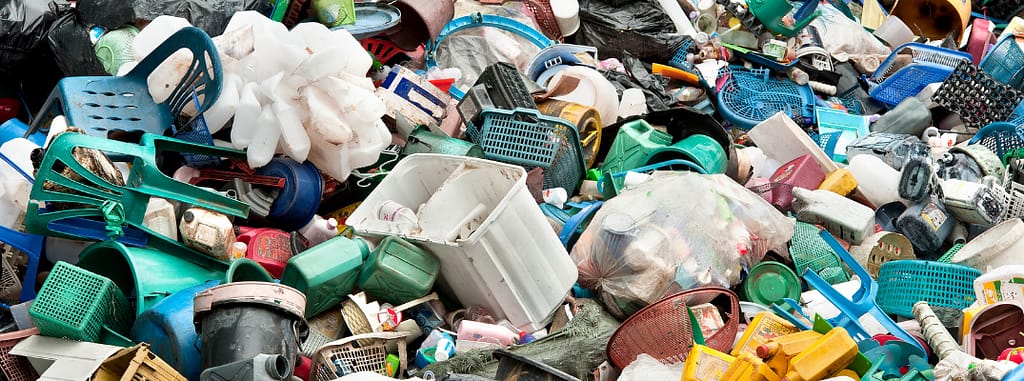
Last week, I was meeting a few friends at a popular Lagos lagoon-front clubhouse. We were treated to a scenic view with luxury boats gently bobbing on the soft waves repeatedly crashing against the boundary walls of the clubhouse. With promises of an idyllic sunset, we could really have been anywhere in the world.
Except this experience was disturbed by the presence of row upon row of plastic waste, bobbing right beside the luxury boats. It was all at once a peculiar and very disturbing sight. This wasn’t just a few stray pieces of plastic; it was masses upon masses of the stuff. At a point, it became almost overwhelming to see the amount of waste we are living with, in our very shallow lagoon waters.
Predictably, the reactions among our little group included statements such as- “oh something must be done”, “why do we live like this”? “I have numerous examples of what happens aboard”. All very valid opinions/conversations but in truth, I think we all knew that was where most of it would end. Which got me thinking, what can one really do about the amount of plastic waste in our waterways? On a regular day, I would gloss over the effects that this waste has on our environments, but today isn’t that day. Maybe because it has such a close proximity and direct correlation to our lives, one cannot simply not gloss over this.
It is safe to assume that today we eat plastic; the wildlife that exists in the Lagos lagoon today is packed full of plastic waste. Simply put, animals (fish, birds, cows etc.), can’t tell the difference between good and bad food. They see they eat. In turn, we buy the fish sold on/under some major island bridges and guess what? We are eating seafood that has already ingested plastic. Thus, transferring that same plastic into our bodies and introducing health hazards into our human bodies.
It is also safe to assume we are deliberately and on-purpose harming entire eco-systems; Apart from the sea life eating the plastic that litters the waterways, one can assume the imbalance that has been introduced into the eco-system that exists in the lagoon today.
What Can We Start to Do Now?
The idea is to start in our own little corners. That may mean the introduction of recycling processes – no matter how small of our waste or exploring innovative ways of reducing our personal waste. For example, I currently work for an organisation that is keen on reducing its carbon footprint. We started off by just recycling out of a few of our branches. Over the past two years we have gradually increased our recycling efforts and have also started exploring ways of upcycling. We may have a long journey ahead, but we have started. Here are a few other ways we can collectively change the current narrative:
- PSPs to initiate recycle waste collection processes
- Active encouragement of local recycle entrepreneurs – tax rebates, other incentives etc.
- Create awareness and education materials for general populace
- Introduction of legislation to decrease use of plastic packaging
- Support innovation that introduces alternatives to plastic packaging
- Introduction of a plastic tax/levy
Coincidentally, June 5, 2018, is World Environment Day and this year, the theme is “Beat Plastic Pollution”. How apt. As mentioned above, we need to begin to move our thinking about plastic waste- move past one-dimensional thoughts to thoughts around creating a circular economy. How do we move past single use/use-recycle to recycle-reuse, recycle reuse? One country is already showing us how.
The World Economic Forum recently shared a video on an impactful way Guatemala is stopping trash entering the sea by using special plastic catching barriers. They are called bio-fences. They capture trash floating on the surface of the river. The benefits from this initiative are numerous- cleaner waters ways, reduction of trash, provision of employment opportunities for people in the area. A great example of the results that stand to be achieved when government and innovation come together.
We have to be better citizens of the world. Sometimes, we tend to over complicate the solutions required when really all it takes is making a really small step. It has to stop being focused on the narrative. I guess my question is, what are you going to start doing today in your own little corner?

